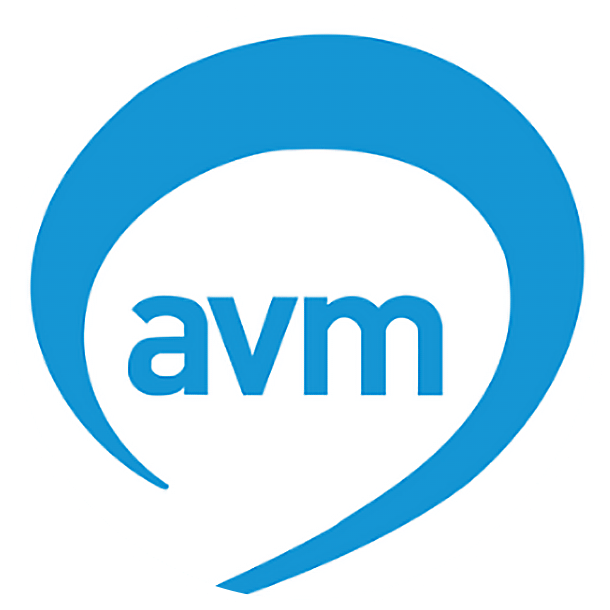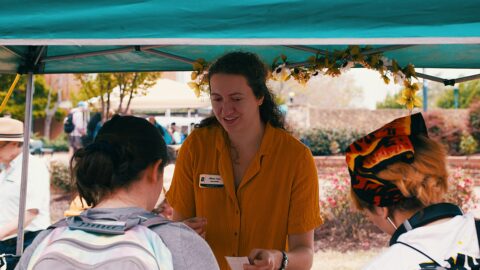by Laura Elson
I met a brilliant colleague of mine for coffee last week and straight away I could tell something was on her mind. It turned out she was preparing for an incredibly difficult conversation with a volunteer. She’d already taken three or four days to prep, sought advice and still was absolutely dreading it. After 15 years working with volunteers and volunteer managers it’s absolutely still the bit of my job I find the hardest. Lucky for me I’d just been to an AVM event and had some fantastic new tips to share with her!
Volunteers are passionate people determined to make an impact on causes they love. And as volunteer managers we are passionate about volunteers, doing everything we can to support them to feel they are making a difference. As that vital link between organisations and volunteers it often falls to us to have those difficult conversations. And for a group of self-confessed people pleasers it’s really, really tough.
So, it’s no wonder that this event on a hot Tuesday in London was packed with over 50 people looking to learn more. AVM has grown massively since I first joined about ten years ago and it was great to meet and learn from amazing people with one thing in common – we all dread those difficult chats.
Kicking off the day Mandy Rutter gave a fascinating talk and workshop. As a psychologist and consultant specialising in the neuroscience of emotion and conflict Mandy talked us through the science of emotions. When we feel stressed our natural fight or flight response can drag us back into the primitive parts of our brains. She suggests breathing deeply, asking questions, using positive psychology and managing your stress well to boost resilience and stay in the logical parts of our brains.
Next was the ever brilliant Kathryn Palmer-Skillings, London Volunteer Services Manager at Macmillan who shared their approach to volunteer programme design and supporting volunteer managers through challenging situations. Firm boundaries, short volunteer placement periods with a fixed end date, peer support, training and 24 counselling access are built into the project design. This ensures volunteers are supported emotionally from the offset, rather than waiting for a difficult day. Kathryn reminded us being honest and human about what you’re feeling with those around you is powerful and necessary.
Adam Williams from St John Ambulance talked us through their fantastic, bespoke training on handling difficult messages for volunteer managers. The St John approach was simple, well researched and effective. His advice is to prepare, choose the right setting and keep your message ABC (accurate, brief and clear).
Debbie Usiskin and Gilly Fisher from North London Hospice closed the day with a wonderful session and workshop exploring emotional resilience. Increasingly research is exploring the idea that volunteering is a form of emotional labour. One of the most useful takeaways from this session was a kind of self-care bingo asking how frequently we had gone for a walk, taken time for ourselves or made sure we ate regular healthy meals. A quick glance around the room showed that we’re not very good at this. Would these conversations be any easier if we were taking good care of ourselves as well as our volunteers?
Over the years if there’s one thing I’ve picked up it’s s that the best way to handle tricky conversations is to listen to your volunteers when designing projects at the start. At Parkinson’s UK we ensured that all our roles were clear, provided a comprehensive online induction and a brilliant problem-solving policy. At England Netball, we’re about to launch an innovative new strategy that will build a movement to empower women, based on our volunteers’ motivations, preferences and need to achieve not what we need to deploy them to deliver.
Volunteering is emotional and so we can never avoid these conversations altogether but after attending this brilliant #AVMLearn event I feel a lot more confident to manage those tricky conversations with compassion and logic.
I saw my colleague again this week and she was much happier – the learning from the day had been really useful. So the next time you have to have one of those chats do apply some of these ideas and although I’m not promising it won’t still be tough, it might not be as quite as tough as you think.
About Laura
Laura Elson is a freelance consultant and a self-confessed volunteering geek. Currently consulting with England Netball and First Tech Challenge UK, Laura has been working in the volunteering sector for 15 years. She designed and scaled up prison based volunteer centres with NCVO, Nesta and Volunteer Centre Leeds, and has led on volunteering at Parkinson’s UK, England Netball and a wide range of charities. She gained qualifications in governance, voluntary sector management and an MSc in Non Profit Marketing from the Centre for Charity Effectiveness where her final project focused on revolutionizing volunteer recruitment techniques. Laura is a member of the Association of Volunteer Managers and the Institute of Fundraising and supports organisations with volunteering strategy and infrastructure, good governance and writing successful funding bids. When she’s not working or volunteering you can find her on a netball court.




